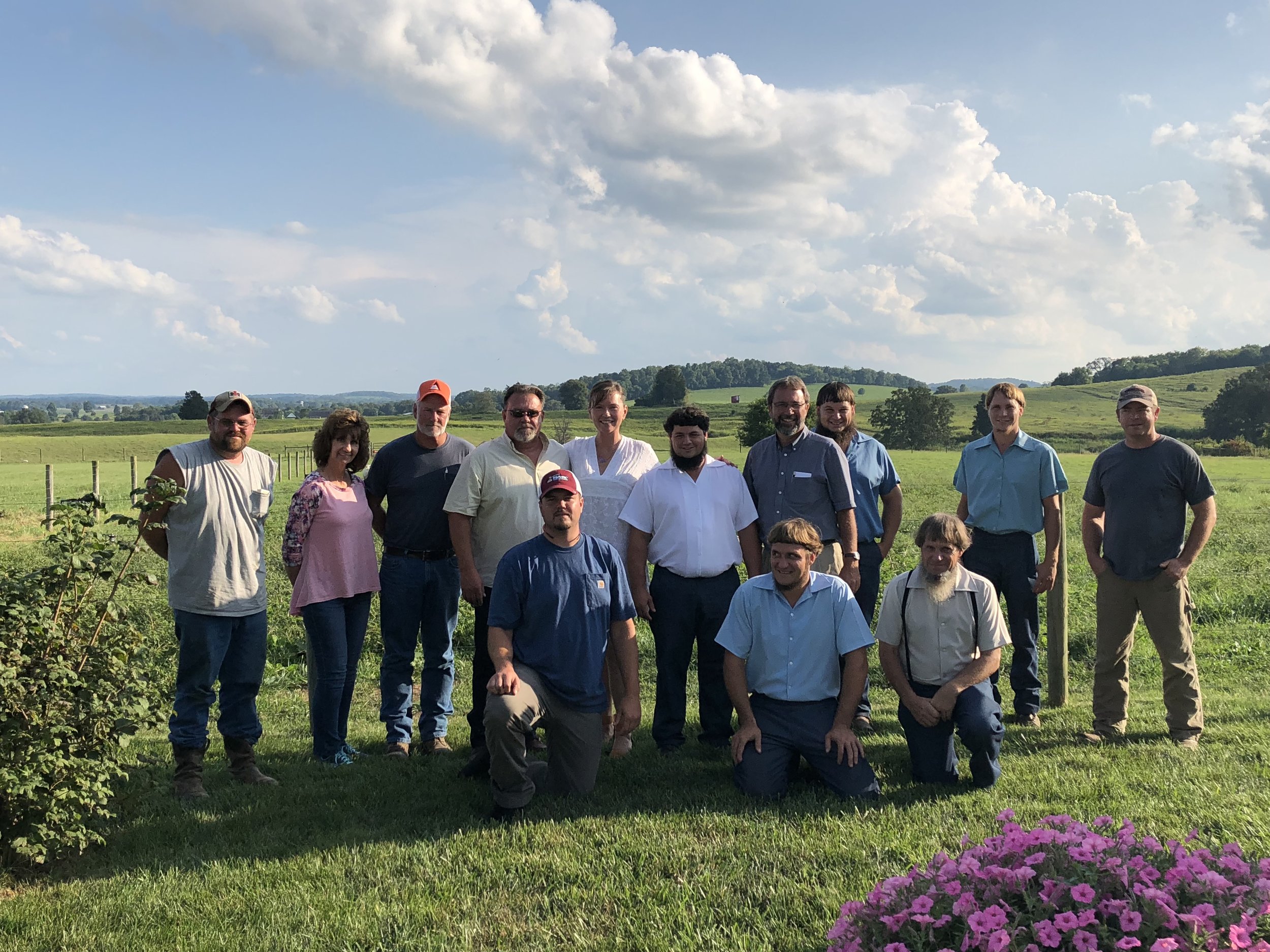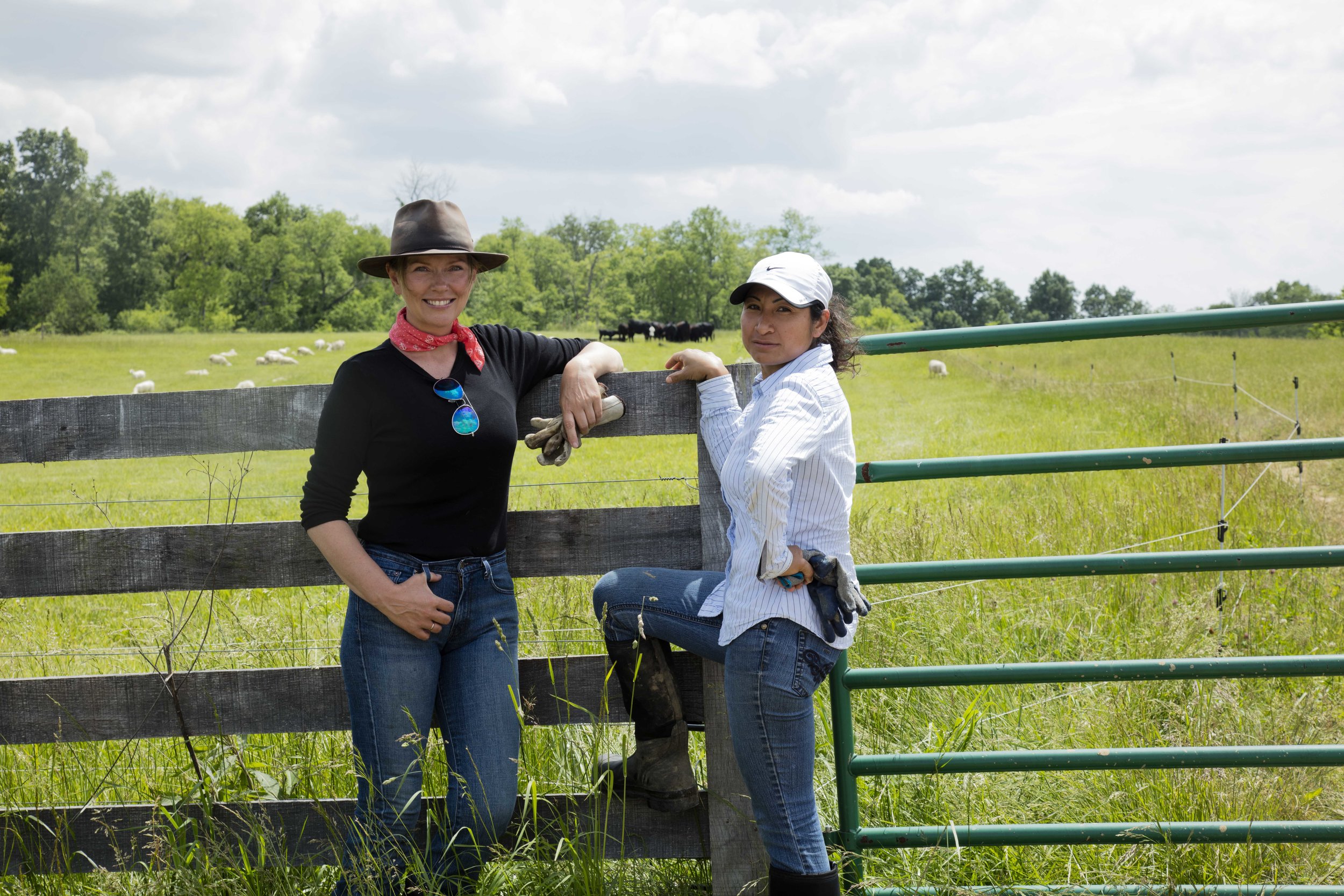Our Shepherds
After founding Freedom Run Farm, one of the first challenges that Valerie met was marketing her product. This is an issue that any small-scale agricultural producer runs into, and finding a way to overcome this is critical for long term success. The Lamb Association of America has a meager marketing budget, which is about half of what New Zealand spends marketing its product to Americans. With limited resources and support, and competing against the big dollars, Valerie knew she had to do something to create a new way for her to help bring this amazing lamb to market.
After studying how other small-scale agricultural producers (cheese, produce, livestock) overcame these challenges, there was one solution that made the most since—create a consortium.
A consortium is similar to a collective, or co-op of producers, who work together to bring their product to market under one brand.
This approach offers numerous benefits for all involved—the reason is simple: there is power in numbers. Together, we can create effective messaging and marketing that builds a consumer base to support individual family farms—and highlights just how unique and delicious our lamb is. Each member of the Freedom Run Farm Consortium adheres to the same strict standards, starting with sustainably pasture-raised lamb. Our program includes shared performance genetics, nutritional plans, and management practices. By working together, we’ve perfected our production methods to ensure consistency, product availability, and premium quality. From small family homesteads to multigenerational shepherds with decades of legacy, we are united in showcasing the best lamb from American farming.
Raised with care and dedication, our lamb is more than just a meal—it’s a culinary experience that celebrates the best of American farming. We encourage you to experience the rich, tender flavor of premium American lamb. Let’s bring American lamb to the table every day, for everyone, and for every occasion. Together, we can make it happen!


